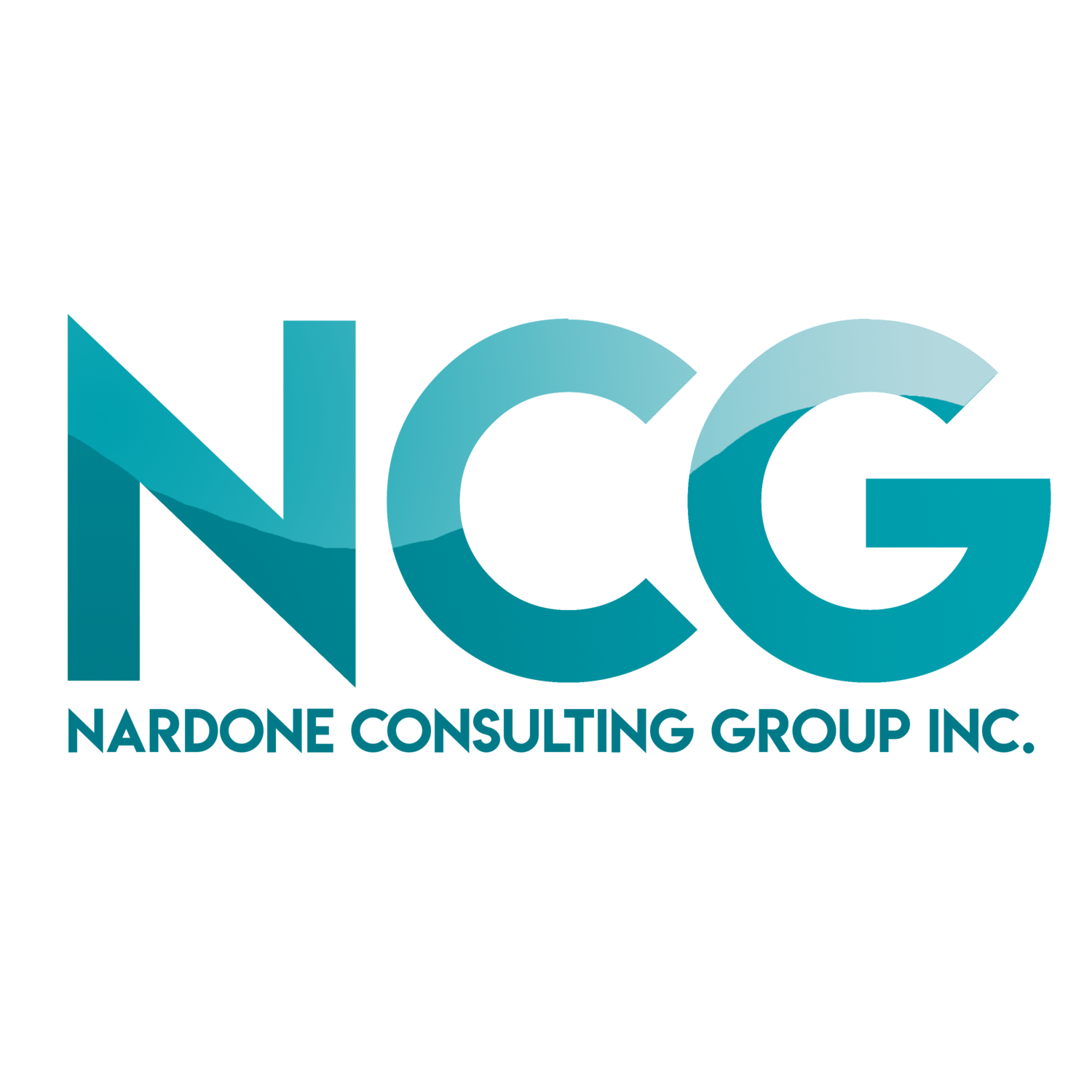Social Media can be pretty instinctive for some people; for others, like me, it takes little work to get right. I'm going to walk through some basics of social media to help you understand what each platform is, their individual audiences, and how you can use that to benefit your business!
LinkedIn, probably the most professional of all the social medias, because it was designed to engage businesses and professionals in that atmosphere of their lives. It's not very customizable which is fine for the purpose it serves.
As an individual on LinkedIn, you can share about your personal accomplishments, articles you find interesting, and other content that will help mold your professional persona online. Your connections are your network for LinkedIn, when you meet someone in passing at a networking function such as a conference or charity event make sure to get their full name and connect with them on LinkedIn within the first week after the event.
As a business on LinkedIn, you can share your employees accomplishments, the strides your business is making in the industry, similar to your personal account a business account should also share relevant articles to connections to boost your presence on the site.
Facebook tends to be the next venture for businesses after LinkedIn because of the broad audience of the site and the professional capabilities of Facebook Groups, Pages, and Events. as a business on Facebook your best bet is going to be having a page where you engage with your audience. With Facebook you have a pretty unique opportunity to hear from your audience and get feedback quickly. Facebook is the most widely used social media by people aged 18+.
Your business page's content is going to be a culmination of all the content from your other social medias: photos from Instagram, articles from LinkedIn, short posts from Twitter. With the Facebook algorithm you want more content going out then on other platforms because that will help your audience to see more of your posts. Having photos or graphics attached to your Facebook posts will also grab your audiences attention the never-ending feed which will get you more traffic to your page.
Twitter is a pretty easy segway for business social media. Short quotes, announcements, or even small jokes/memes can thrive here and drive traffic back to your website. Some great examples of businesses on social media are Starbucks, Etsy, Whole Foods, JetBlue, and Amazon.
With Instagram much like Twitter, it's an easy way to beef up the quantity of content you are putting out. Some awesome business instagrams are Nike, Playdoh, Reynolds Kitchen, Madewell, and Sprout Social. They all use Instagram as a way to attract attention and drive traffic back to their product or website.
YOUTUBE
Youtube is an amazing platform especially if you have members on staff with videography skills. While it doesn't lend itself to every area of business. If you are willing to make the effort it can be a great resource. Sharing commercials or advertisements, tutorials, or podcast style lectures are sources of content that can do really well on Youtube as long as you have quality of content. Some great examples of quality of content are TEDTalks/TEDx, Buzzfeed's Tasty, CrowdSpring, Gary Vaynerchuk, and Entrepreneur.
Pinterest is a fun resource, but not super necessary when it comes to marketing or content creation. It's a great way to share your current content such as youtube videos, blogs, podcasts, etc. Some excellent examples of content sharing and awareness are Lowe's, PetPlan Pet Insurance, and Benjamin Moore.
TUMBLR & SNAPCHAT
Tumblr is an artsy blog site that doesn't lend itself to professional atmospheres, unless you're Denny's. Check Out Denny's Tumblr here because it is honestly gold.
Like Tumblr, Snapchat is another social media that doesn't really work for businesses, unfortunately. I have seen only one successful example, The Living Room, a college ministry at Kennesaw State who's target audience was the end of Millennial and the beginning of Gen Z. So while it can be done it just diversifies your focus too much and diverts your attention away from your other social media.
However for events and conferences with younger audiences (college and high school students) having a snapchat filter may be beneficial. You can submit those online at Snapchat.com.
